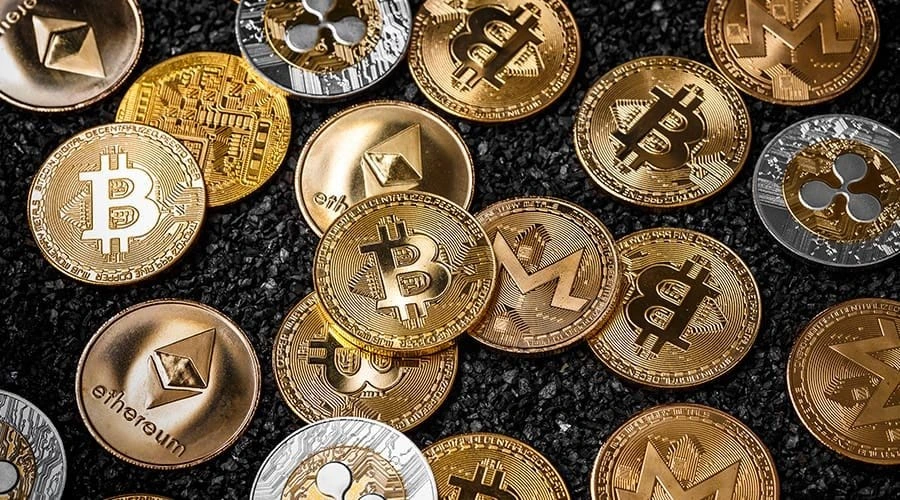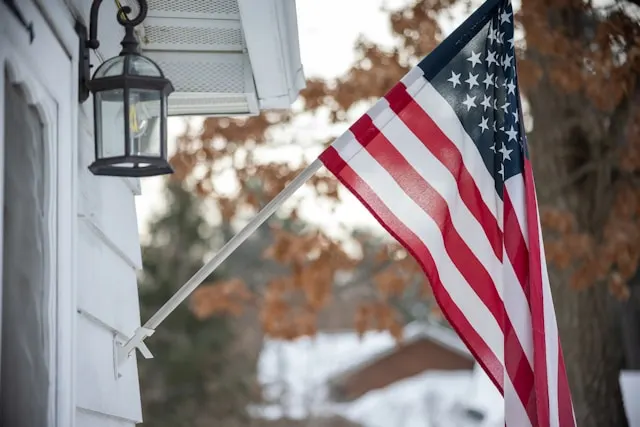PROTECT YOUR DNA WITH QUANTUM TECHNOLOGY
Orgo-Life the new way to the future Advertising by AdpathwayPresident Luiz Inácio Lula da Silva’s approval rating has dropped to its lowest point since he returned to office, according to official polling data. In June 2025, only 28% of Brazilians said they approved of Lula’s performance, while 40% expressed disapproval.
This marks a sharp decline from earlier in his term and falls below the 37% minimum that past Brazilian presidents needed to secure a second term or elect a successor.
Lula’s support has weakened even in his traditional base in the Northeast. Approval there fell from 69% in late 2024 to 52% in June 2025, and disapproval rose to 46%.
Nationally, a majority of Brazilians now say they do not trust the president. The main reasons for this drop are economic and social. Food prices rose almost 8% in 2024, hitting low-income families hardest.
A corruption scandal at the National Institute of Social Security has further damaged public trust. Crime has also become a top concern, with many feeling the government has not delivered on promises to improve public safety.
 Lula’s Popularity Drops Below Re-Election Threshold, UBS Warns. (Photo Internet reproduction)
Lula’s Popularity Drops Below Re-Election Threshold, UBS Warns. (Photo Internet reproduction)These trends have serious consequences for Brazil’s economy and politics. Investors have responded by selling off the Brazilian real, which has lost value.
The Central Bank raised interest rates to 12.25% to fight inflation, making loans more expensive for families and businesses. History shows that approval ratings in Brazil often improve by 8–10 percentage points during election campaigns.
This is thanks to increased government spending and publicity. Even with such a boost, Lula would still fall short of the level needed for a strong re-election bid.
With former President Jair Bolsonaro facing legal issues and no clear new leader emerging, Brazil’s political future looks uncertain. Lula’s ability to regain public trust in the coming months will be crucial for both his government and the country’s economic outlook.


 3 days ago
6
3 days ago
6










 English (US) ·
English (US) ·  French (CA) ·
French (CA) ·  French (FR) ·
French (FR) ·